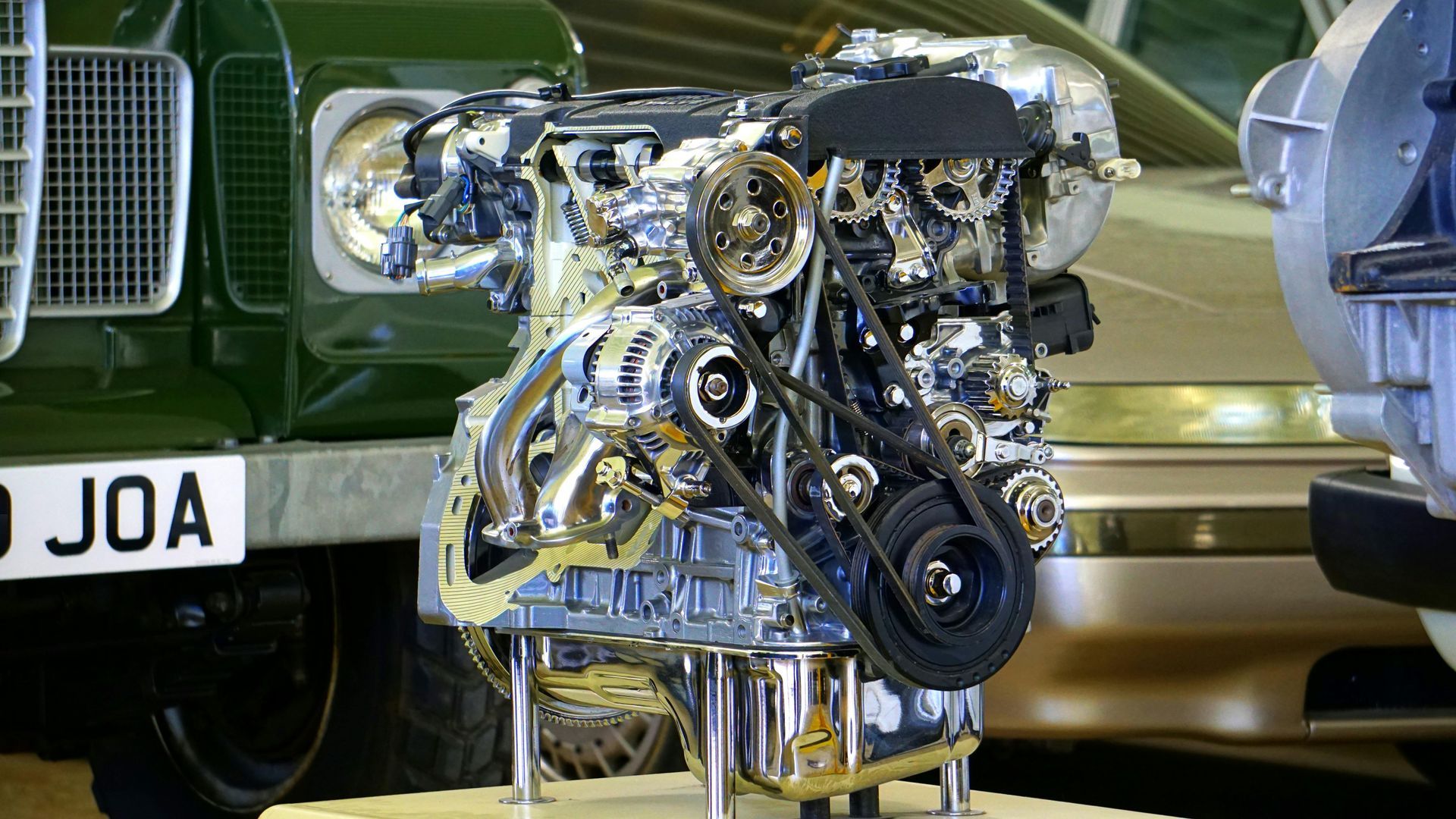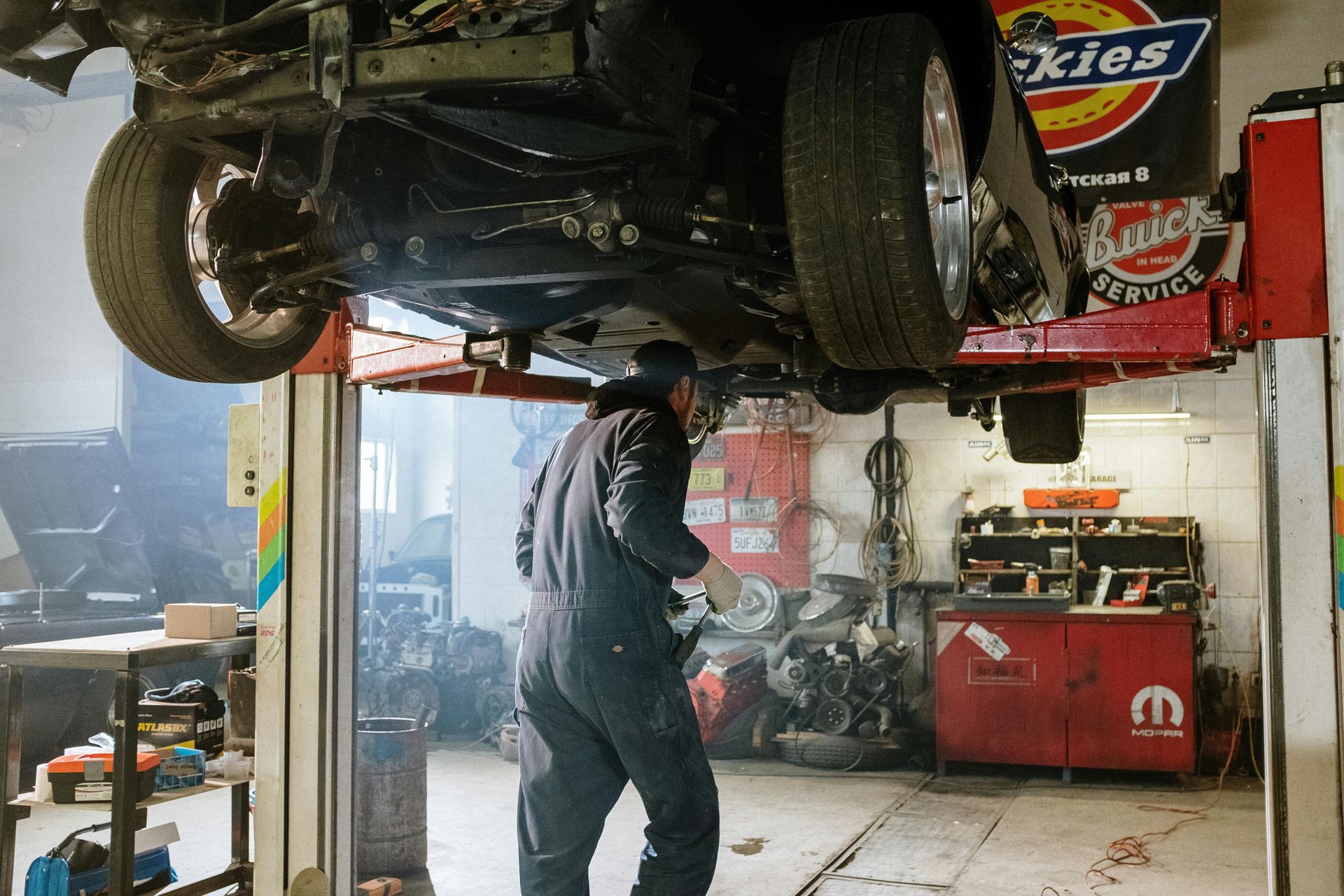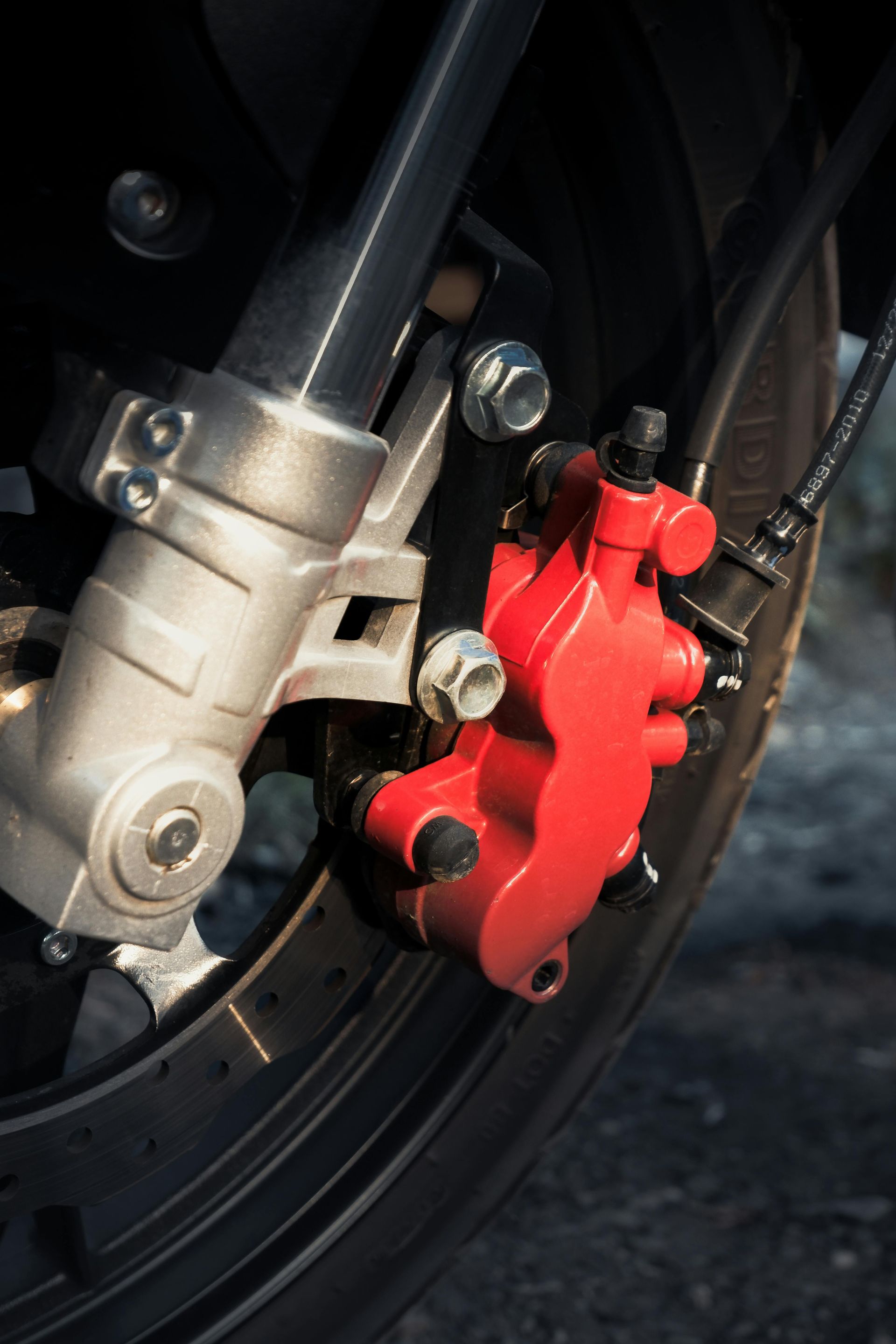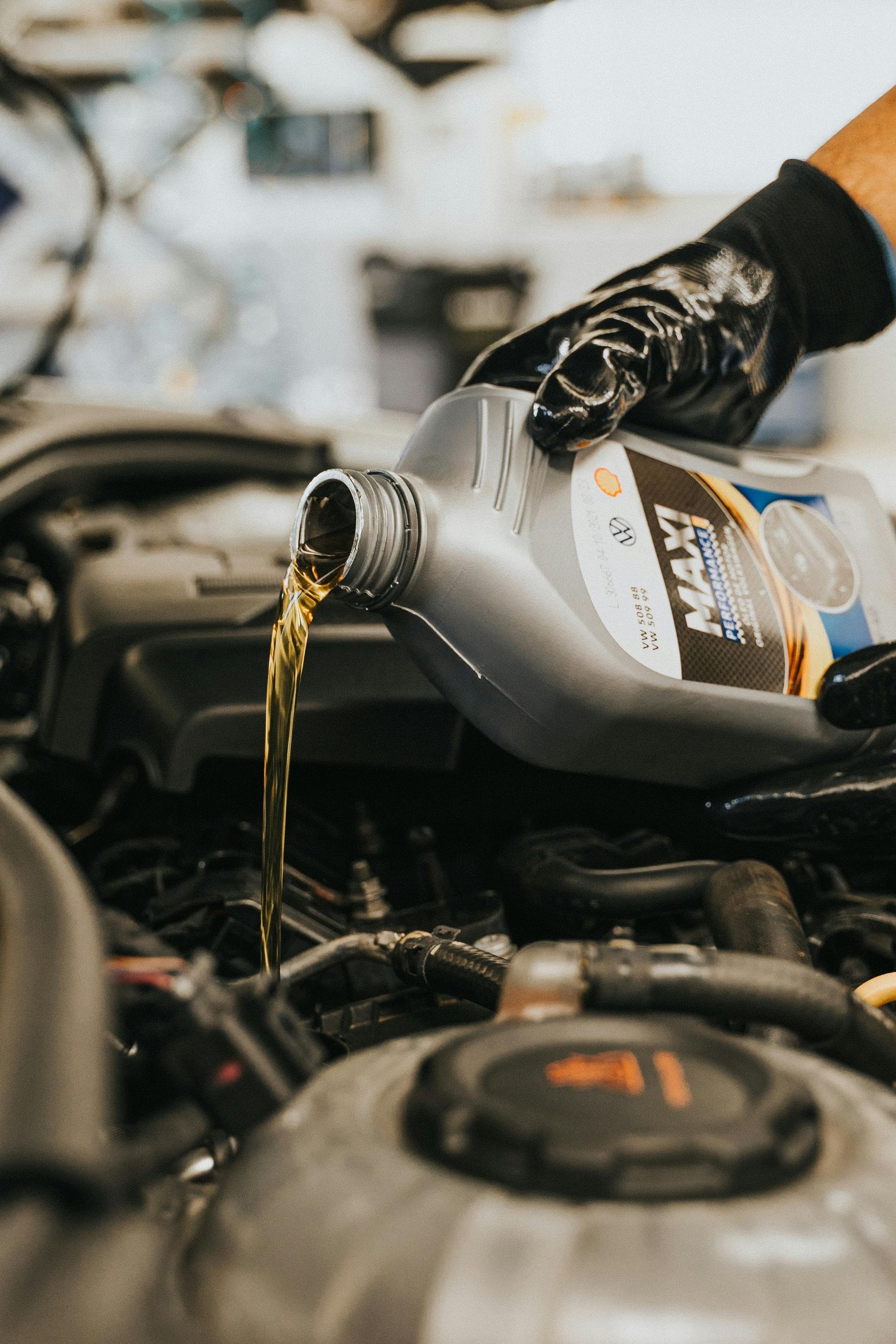Transmission Noise Repair: Understanding Hums, Whines, and Buzzes
Transmission noises are more than just an inconvenience—they can be signs of underlying problems that require attention. From hums and whines to buzzing sounds, these noises often point to issues within your transmission system that need to be addressed. In this blog, we’ll break down the common transmission noises, what they might signify, and when it’s time to consider getting Transmission Noise Repair services from Car Motive Auto , the best auto repair shop in Houston.
Common Transmission Noises and What They Mean
Transmission noises can vary widely, each pointing to different potential issues. Understanding these noises can help you diagnose the problem and determine whether it’s something you can address on your own or if it requires a professional to perform a transmission noise repair job.
1. Humming Noise from Transmission: What’s Going On?
A humming noise from the transmission is a common sound that drivers may notice, especially when accelerating.
- Common Causes: Humming sounds can often be traced back to issues with the transmission fluid. Low or old transmission fluid can cause gears and other components to wear out faster, leading to a humming noise. It could also be due to worn-out bearings or gears.
- Is It Serious? While a humming noise might not be immediately concerning, it’s important to get it checked out. Ignoring this sound could lead to more significant damage over time, requiring a more extensive transmission repair .
2. Whining Noise: Why Is My Transmission Whining?
A whining noise from the transmission is often heard when accelerating or shifting gears.
- Common Causes: Whining noises are typically caused by issues with the transmission fluid or a problem within the transmission itself, such as worn gears or bearings. If you’re wondering, why is my transmission whining? I t could be due to low fluid levels, contaminated fluid, or internal wear.
- Is It Serious? Yes, a whining noise should be addressed promptly. This sound often indicates that your transmission is struggling to operate smoothly, which could lead to more severe issues if left unchecked. Schedule An Appointment .
3. Buzzing Noise: What Does It Mean?
A transmission buzzing noise can be alarming, as it’s often a sign that something isn’t quite right.
- Common Causes: Buzzing noises can occur if there’s an issue with the transmission’s internal components, such as a failing pump or worn gears. It could also be related to a problem with the torque converter.
- Is It Serious? A buzzing noise is generally a sign that your transmission needs attention. Scheduling a transmission noise diagnosis can help identify the exact cause and prevent further damage.
Unusual noise coming from your car? Read How to Fix Unusual Car Noises? A 5 Part Series
Diagnosing Transmission Noises: What to Look For
If you’re noticing unusual sounds from your transmission, here’s how you can start diagnosing the problem:
- Identify When the Noise Occurs: Does the noise happen when accelerating, shifting, or at specific speeds? This can help pinpoint the potential cause.
- Check Transmission Fluid Levels: Low or old transmission fluid can cause a variety of noises. Ensuring your fluid is at the correct level and in good condition is a good first step.
- Listen for Changes: Pay attention to whether the noise gets louder, softer, or changes pitch. This can give you clues about the severity of the issue.
- Consult a Professional: If you’re unsure or the noise persists, it’s wise to seek a professional Transmission Noise Repair for a thorough diagnosis and repair. Book An Appointment with us if you’re in Houston.
How to Fix Transmission Noise: Steps You Can Take
Addressing transmission noise often involves a combination of maintenance and repair. Here’s how you can approach it:
- Check and Replace Transmission Fluid: Low or contaminated transmission fluid is a common cause of noise. Regularly checking and replacing your transmission fluid can help prevent these issues.
- Inspect Transmission Components: If the noise persists, it might be time to inspect the transmission’s internal components, such as bearings, gears, and the torque converter.
- Professional Repair: For persistent or unclear issues, a professional Houston transmission noise fix can ensure that all potential problems are addressed.
When to Consider Transmission Noise Repair
Not all transmission noises require immediate action, but knowing when to schedule Transmission Noise Repair can make all the difference:
- Humming: If you hear a consistent humming noise, especially when accelerating, consider checking your transmission fluid or scheduling a transmission noise diagnosis .
- Whining: A whining noise should be addressed promptly, as it often indicates internal wear or fluid issues.
- Buzzing: Buzzing noises are a clear sign that something isn’t right within your transmission. Immediate transmission noise repair is recommended to avoid further damage.
If you experience any of these issues, it’s a good idea to consult with a professional for a Transmission Noise Repair job. Early detection and repair can keep your vehicle running smoothly and quietly, ensuring a better driving experience.
Whether it’s a simple fix or something more complex, our team is here to help you get back on the road with confidence. If you need a professional diagnosis or Transmission Noise Repair come visit us at 14560 Beechnut St, Houston, TX 77083 , or give us a call . Check out our Reviews to see why we’re one of the best auto repair shops in Houston.
Why Fixing Transmission Noise Is Important
Fixing transmission noise is crucial for maintaining your vehicle’s performance and longevity:
- Preventative Care: Addressing noises early can prevent more severe damage to your transmission, saving you from costly repairs down the line.
- Enhanced Performance: A well-maintained transmission ensures smooth shifting and optimal performance, improving your driving experience.
- Safety: Unresolved transmission issues can lead to unexpected breakdowns, posing a safety risk. Timely transmission noise repair can help avoid these dangers.
Conclusion: Keep Your Transmission Running Smoothly with Transmission Noise Repair
Recognizing and addressing transmission noises early is key to maintaining your vehicle’s performance and reliability. Whether it’s a hum, whine, or buzz, being proactive about these sounds can help you avoid more serious problems down the road. If you notice any unusual transmission noises, consider scheduling Transmission Noise Repair with Car Motive Auto . Our team is committed to keeping your transmission in excellent condition, so you can enjoy a smooth and dependable drive every time. Book An Appointment Today!









